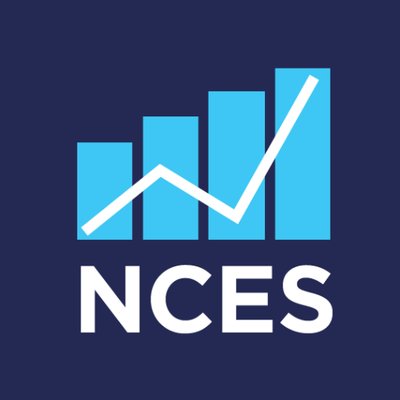
Inside Higher Ed
February 11, 2019 Admissions, Research
College Board has released data from the 2018 AP Exam. Just under 750,000 students earned a score of 3 or higher on at least one placement exam, a 5.4 percent raise from 2017. Though the percentage of underrepresented students earning at least one 3 increased at a faster rate than white students, the data released shows continued equity gaps in the program.

Chronicle of Higher Education
February 04, 2019 Student Success, Value and Affordability
Senator Lamar Alexander, a Republican from Tennessee, hopes to get the Higher Education Act reauthorized within the next year. The proposed bill would simplify the FAFSA process by reducing the number of questions, change the payment plan process for student loans, and enact a new accountability system for colleges based on the rate of graduates’ loan repayment.

Inside Higher Ed
January 31, 2019 Admissions
As recruiting season is in full swing, a new group of students is deciding where to enroll in the fall. From location to school culture, students assess various factors to ensure the school they choose will best meet their needs. This article asks prospective students what they are looking for in a school and how they intend to find it.

Wall Street Journal
January 26, 2019 Admissions, Enrollment Management Trends
Some colleges and universities, in an effort to sort through a growing number of applications, are beginning to track prospective student’s online interactions with the institution via web pages and emails and considering these engagements as a factor in the admissions process. (Subscription required)

Education Dive
January 24, 2019 Student Success
Colleges and universities are looking for innovative ways to make students ready for a career upon graduation. Currently, there is a disconnect that stems from both outdated methods utilized by schools and misconceptions about the workforce from students. Career Services offices must broaden awareness of their work and network within and outside of their institution. This article lists four concrete ways to expand and enhance career readiness services.

The Hechinger Report
January 16, 2019 Admissions, Enrollment Management Trends
As admissions officers in higher education begin to review applications for the Class of 2023, discussions of what it means to admit a highly diverse student body continue. Priorities and consideration for what diversity in admissions has meant in the past and what it will mean in the future remain in question, and pose unique challenges.

Education Dive
January 15, 2019 Student Success
A new report finds that community college transfers graduate within six years at rates comparable to their peers who attended a 4-year institution immediately following high school. These numbers are significantly higher for community college transfers at selective institutions.

Education Dive
January 07, 2019 Enrollment Management Trends
In the new year, colleges are faced with pressures including – but not limited to – financing, enrollment, and ensuring student success. This article highlights trends for college and university leadership to focus on as potential areas for opportunity.

National Center for Education Statistics
December 29, 2018 Value and Affordability
This brief explores the reasons why students may not fill out a FAFSA and reasons why students may think they are ineligible to do so. Among the findings, 65% of students who were in 9th grade as of fall 2009 reported they completed the FAFSA. Of the remaining students, 24% did not complete the FAFSA, 3% did not know what the FAFSA was, and 8% did not know if they or their parents completed the FAFSA.

EAB
December 29, 2018 Pre-College Outreach, Admissions
This report shares highlights from a recent EAB parent survey, and outlines what aspects of college and college planning are most important to parents. The report also provides comparisons between the importance of different factors to students and parents, and valuable perspectives on how to best engage parent audiences via recruitment marketing.